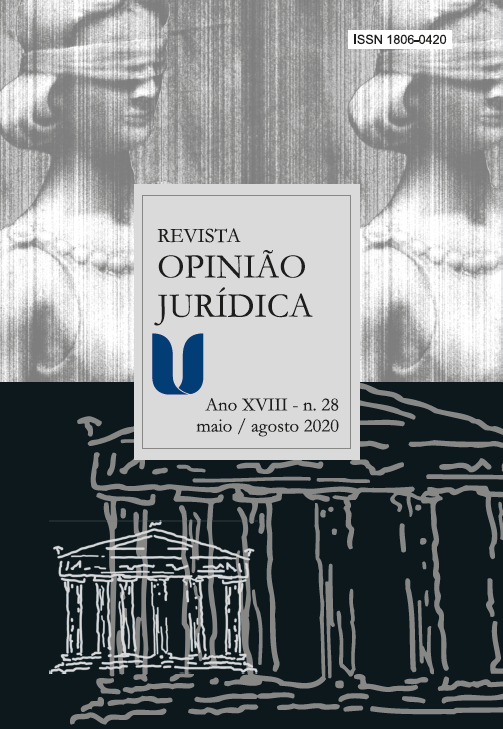Enforcement of international decisions in the field of transitional justice in brazil
DOI:
https://doi.org/10.12662/2447-6641oj.v18i28.p94-114.2020Keywords:
International decision, Transitional Justice, Inter-American Court of Human Rights, Guerrilha do Araguaia Case, Herzog CaseAbstract
The purpose of this article is to analyze the enforcement of international human rights judgments in the Brazilian legal system, focusing on the convictions imposed by the Brazilian State on transitional justice by the Inter-American Court of Human Rights. The issue is urgent, because the non-compliance with an international decision results in a new international illicit which is liable to a new accountability. The article is divided into three parts. Firstly, an analysis is made on international decisions and its characteristics. Secondly, the section overviews
the institutional difficulties regarding enforcement of international human rights judgments in Brazil. The third part will analyze the determinations in the Gomes Lund (Guerrilha do Araguaia) Case, 2010 and the Herzog Case, on March 2018. The conclusion will reflect on the inadequacies of the legislative proposals in the Brazilian National Congress concerning this theme. The deductive-comparative method was used, based on indirect bibliographic and documentary sources.
Published
How to Cite
Issue
Section
License
CESSION OF COPYRIGHTS
The submission of articles to analysis for publication on Opinião Jurídica implies the author(s) transfers copyrights to Centro Universitário Christus – UNICHRISTUS for reproduction, publicizing, distribution, printing and publication, according to the Publication Norm 414R, Opin. Jur., Fortaleza, year 12, n. 16, p.1-414, Jan./Dec. 2014, costs to be bore by UNICHRISTUS, in whatever format or means that may or shall exist, in accordance to articles 49 and following of Federal Law 9.610/98.
1. In ceding copyrights, the author(s) agrees to do so in exclusivity, free of charge and for the totality of the work.
2. UNICHRISTUS may make the work, in its entirety or in parts, available for scholarly purposes, without altering its contents, except for small corrections that are deemed necessary.
3. The cession of copyrights is valid in all countries and for versions of the material in its original language or translated into a foreign language.
RESPONSIBILITY FOR THE CONTENT
By submitting an article, the author(s) declare to have sole responsibility for the content of the piece and is(are), therefore, responsible for any judicial or extrajudicial measures referring to it.
1. In case of joint authorship, all authors are considered collectively responsible, except when proved otherwise.


















